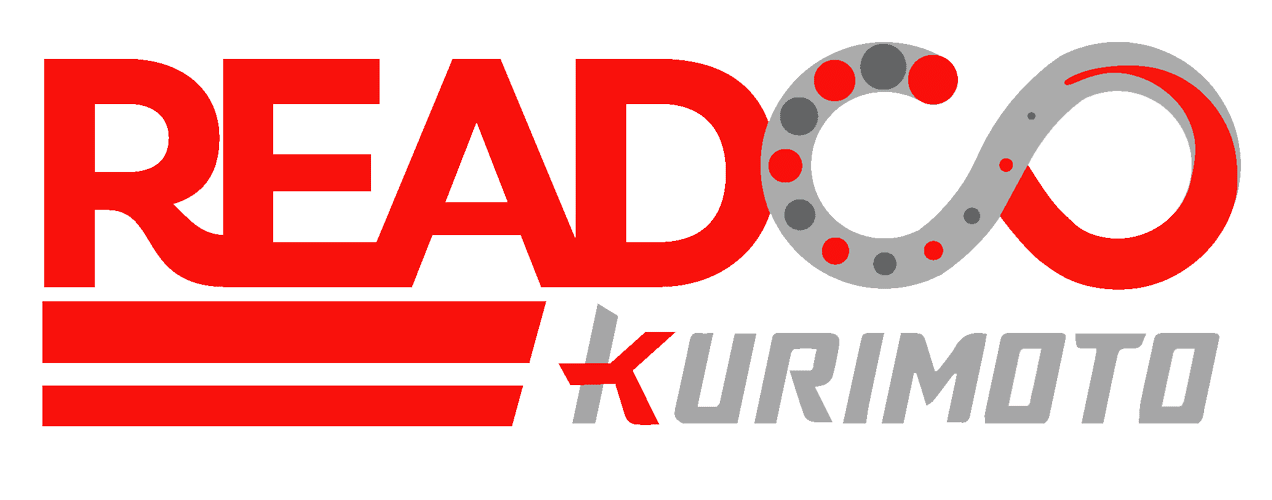Being surrounded by acres of farmland in south central Pennsylvania has its benefits – beautiful scenery, historic parks, mild winters, and thoughtful neighbors to name a few. At the end of each summer, the farmer down the street from our manufacturing warehouse brings by several dozen ears of corn. Enough actually, for each member of Team Readco to take home a dozen or so. We’re talking good fresh local sweet corn, the kind you might buy from a roadside stand; instead of off a truck, unloaded from a plane, and harvested last week in some far away place. Unlike the much traveled corn, the carbon footprint of this local transaction is negligible.
A few months back, we had a sales pitch meeting with a [high profile] cosmetics company. The idea discussed was to utilize our evaporative processor to reclaim and reuse waste materials created from mascara production – specifically carbon black. Carbon black is a primary ingredient from which mascara is made and to which pigments are added. Without going too much into detail on how mascara is made – there is a liquid waste created from the process which contains residual carbon black that did not make it into the final product. Through a continual evaporative vacuum process, this carbon black can be separated from the liquid and added back into the product stream. Having recently enacted a ‘zero landfill’ initiative, this company was interested in ways to reclaim waste materials used in mascara production. Government regulators stipulate rules, methods, and quotas for industrial production, resource allocation, and by-product and waste disposal; however, what drives these types of initiatives? Consumer demand? Profit maximization? How about Corporate Social Responsibility?
Corporate Social Responsibility is defined as a corporate initiative to assess and take responsibility for company effects on the environment and impact on social welfare. The term generally applies to corporate efforts that go beyond what may be required by regulators or environmental protection groups. Also referred to as ‘Corporate Citizenship’, activities may involve incurring short-term costs that do not provide an immediate financial benefit to the company, but rather promote positive social and environmental change. So what does “positive social and environmental change” mean to the bottom line? Well, there are two aspects to consider in regard to Corporate Social Performance 1) initiatives that affect primary stakeholders which studies show positively affects market value, 2) social/environmental issue initiatives which may have the opposite effect. Reusing, recycling, and reclaiming can pay long-term dividends; whether in social/environmental impact or corporate value maximization. Smart business managers will seek to reconcile these two factors through careful measurement and analysis – attributing short-term losses to long-term investment.
Getting back to the farmers corn. We don’t buy this corn, nor is this some type of medieval food rent; instead we help feed the farmers pigs! Almost every week in our pilot plant, we mix, extrude, blend, and process multiple ingredients for clients looking to better their production process and gain a competitive advantage. While most of this processed material is taken back to be analyzed by our customers, much of it is left behind. The versatility of our processor is nearly limitless; however, much of what goes into (and then out of) our machines is food. These left over food items are then picked up by/delivered to our neighbor who feeds the edible mixture to his pigs and in return, we enjoy farm fresh sweet corn!
Investopedia. (2014). Corporate Social Responsibility. Retrieved July 2, 2014, from Investopedia: http://www.investopedia.com/terms/c/corp-social-responsibility.asp

Comments are closed